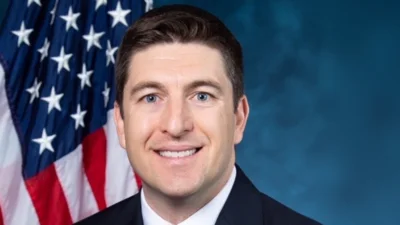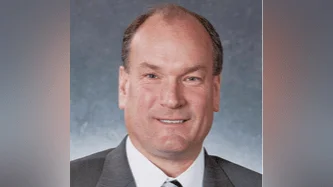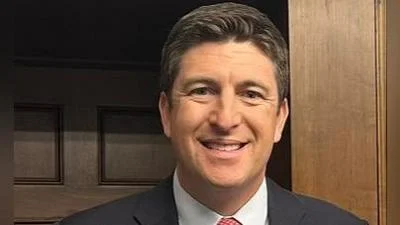Mark Spreitzer, Illinois State Senator for 15th District | www.facebook.com
Mark Spreitzer, Illinois State Senator for 15th District | www.facebook.com
According to the Wisconsin State Legislature's official website, the bill was described as follows: "requiring the legislature to convene an extraordinary session if an executive order of the president of the United States freezes federal aid to the state".
The following is our breakdown, based on the actual bill text, and may include interpretation to clarify its provisions.
In essence, this bill mandates the legislature to hold an extraordinary session if a presidential executive order freezes federal aid to Wisconsin that was previously sanctioned by Congress. During this session, a bill must be considered outlining a strategy for estimating the federal aid loss for each state agency, eligible local government unit, and nonprofit organization. The bill addresses funds to be allocated from the budget stabilization fund to mitigate estimated aid shortfalls, prioritizing essential services. It caps payments to local units and nonprofits to amounts they would have received without the executive order and establishes reimbursement processes to the budget stabilization fund if the state later receives back payments of previously frozen federal aid. The bill also requires remittance of funds back to the state if aid is directly paid to agencies, local units, or nonprofits.
The bill was co-authored by Representative Christian Phelps (Democrat-93rd District). It was co-sponsored by Representative Margaret Arney (Democrat-18th District), Representative Mike Bare (Democrat-80th District), and Representative Brienne Brown (Democrat-43rd District), along with 26 other co-sponsors.
Mark Spreitzer has authored or co-authored another 31 bills since the beginning of the 2025 session, with none of them being enacted.
Spreitzer graduated from Beloit College in 2009 with a BA.
Spreitzer, a Democrat, was elected to the Wisconsin State Senate in 2023 to represent the state's 15th Senate district, replacing previous state senator Janis Ringhand.
In Wisconsin, the legislative process starts when a senator, constituent, group, or agency proposes an idea for a bill. After drafting, the bill is introduced, numbered, and referred to a committee for review and public input. If approved, it moves through three readings and votes in both the Senate and Assembly. Once both chambers pass the same version, the bill goes to the governor, who can sign it, veto it, or let it become law without a signature. Only a small share of bills introduced each session ultimately become law. You can learn more about the Wisconsin legislative process here.
| Bill Number | Date Introduced | Short Description |
|---|---|---|
| SB149 | 03/21/2025 | Requiring the legislature to convene an extraordinary session if an executive order of the president of the United States freezes federal aid to the state |
| SB60 | 02/21/2025 | Expanding the homestead income tax credit. (FE) |
| SB26 | 02/05/2025 | Technical colleges’ lease of their facilities to others. (FE) |
| SB20 | 02/05/2025 | Allowing certain married persons to claim the earned income tax credit when filing a separate return. (FE) |





 Alerts Sign-up
Alerts Sign-up